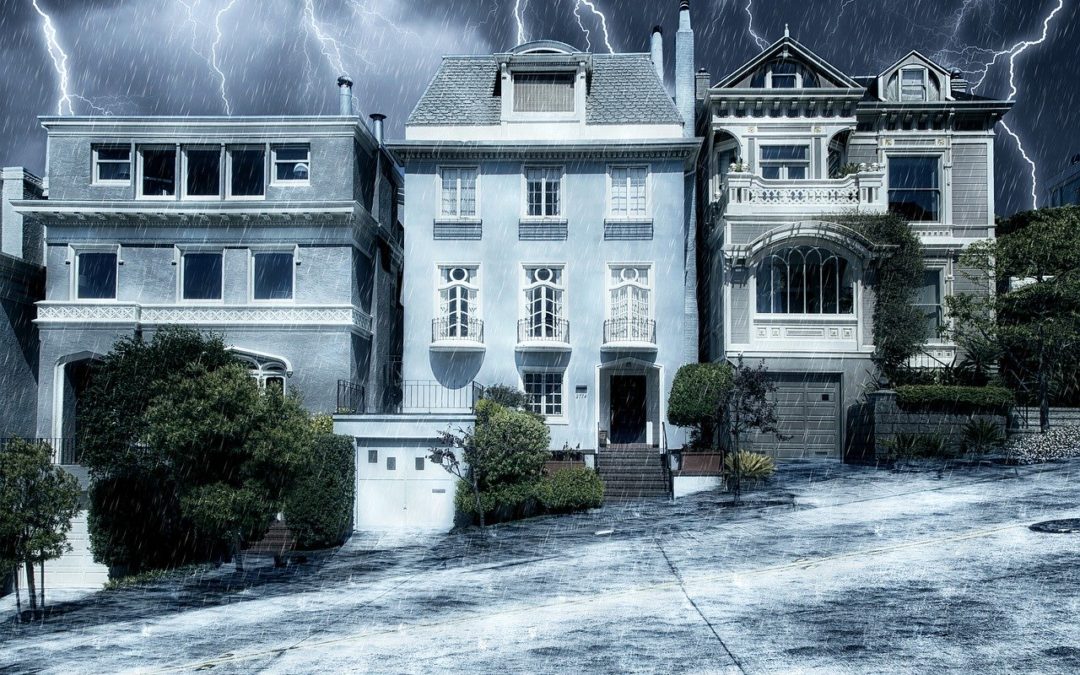Meth is a particularly stigmatized substance. And to be fair, there’s a good reason for that. Meth is a dangerous drug, and there are plenty of examples of people finding themselves ill only to discover contamination later. It makes sense, then, that when a house test positive – folks start to worry. Realtors, brokers, and owners often ask us how others will view the property, and if meth houses carry any lasting stigma.
The good news there’s a lot working in favor of privacy. However, since meth is dangerous, there’s a certain level of disclosure required as well. But don’t let that thought overwhelm you. We’ve been helping our customers through these questions for years, and we’re happy to share everything we know.
In this case, that means starting with a discussion on visibility during and after decontamination. After all, stigma starts with other people’s knowledge of the property. So, how exactly might neighbors and potential buyers learn about the meth in your home?
Entry During Decontamination
When a house tests above Utah’s threshold for meth (1.0µg/100cm²), by law, you must either demolish or decontaminate. Part of that process involves a notice that the health department places on your door. It will read something like: closed for chemical contamination. It also stays put until the property meets state standards. During that time, no one is allowed on the premises except the owner and Certified Decontamination Specialists.
This is the most visible and obvious signs of contamination. However, we have found that when an owner is proactive, sometimes health departments will allow them to place the notice inside. (This can help avoid issues with trespassers and other such concerns).
Disclosure During the Selling Process
The next source of information may surprise you, since it’s actually the owner. You see, Utah has specific laws regarding the disclosure of meth. For instance, owners must disclose any current contamination to potential buyers (see details of Title 57 here). Of course, once the health department clears the property, it is no longer considered contaminated. As such, it is our understanding that owners may opt not to disclose at that point. (Even so, we believe honesty is always the best policy).
The Utah Association of Realtors has similar language in their disclosure form (20.C). It reads as follows: “To your knowledge, is the Property currently contaminated from the use, storing, or manufacturing of methamphetamines?” This is a legally binding contract and should be part of buying or selling any Utah home.
Online Databases And GRAMA Requests
Notices and disclosures aren’t the only way someone might learn about your property. For instance, each county in Utah must, by law, maintain a contaminated properties list. These lists are public, and anyone can look them up. When the property meets state standards, the health department removes it from the list. This is the only publically searchable record of methamphetamine contamination, except for the Multiple Listing Service (MLS).
The MLS is a database of real estate properties. Brokers use it to share information, increase listing visibility, and so forth. But that’s a bit much to try to fit into this blog. For now, all you need to know is that realtor comments are permanent. In other words, if they enter that a house tested positive for meth, that could potentially show up anywhere that uses MLS listings.
Wrapping It Up
All of this might seem a little alarming. At this point, you may be thinking that meth houses are much more obvious than you expected. And that is somewhat necessary, due to concerns about public safety. But does that mean your property value is circling the drain? Rest assured, there’s much more to discuss, and your property isn’t done for yet. We’ll go into that next week, and talk about a real-life example that shows how stigma isn’t as persistent as you might think.
For now, know that we care about our customer’s privacy. Our vehicles are discrete and entirely unmarked. Furthermore, we train our staff to only give basic answers to curious neighbors, never confirming that we’re there to deal with meth. So if you’d like to discuss how AEI Decon can help with your decontamination project, feel free to call us at (801) 888-6698.
Image by Nick_H from Pixaby

